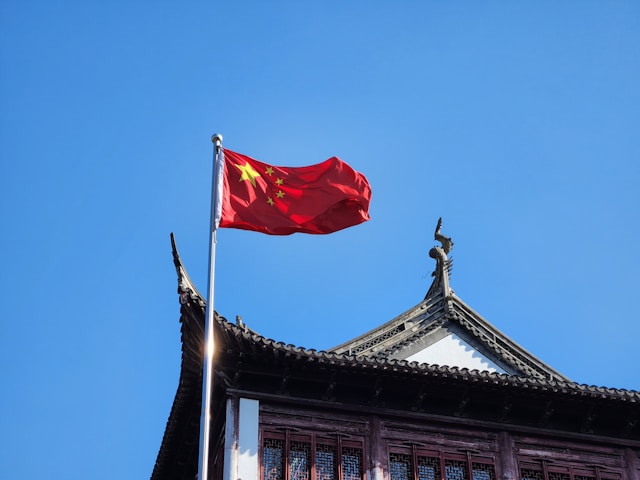
Among this batch of eight cases, the protected objects include historical buildings, ancient cultural relics sites, etc., and address common violations such as damaging cultural relics’ appearance and illegally occupying cultural heritage sites.
For instance, in Case No. Two, the historical appearance and ecological environment of the Sharaitamu Beacon Tower (part of the Tang Dynasty Great Wall) in Baicheng County, Aksu, Xinjiang, were damaged by a local company’s unauthorized installation of cable poles. Administrative measures were insufficient to protect the relics, so the local procuratorate filed a civil public interest lawsuit, requiring the violator to bear the restoration costs, with professional institutions carrying out protective archaeological restoration. The court supported the request, and the damaged cultural relics were effectively protected.
Since October 2019, procuratorial organs nationwide have filed over 17,000 public interest litigation lawsuits in the field of cultural relics and heritage protection.
Photo by Aaron Greenwood on Unsplash
Contributors: CJO Staff Contributors Team








